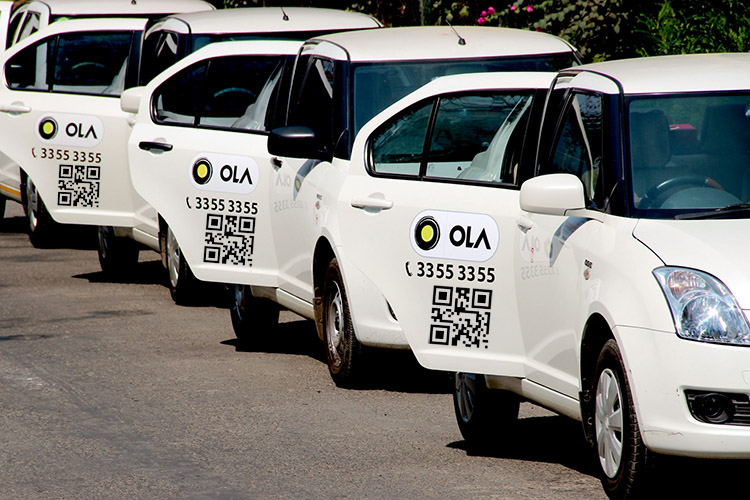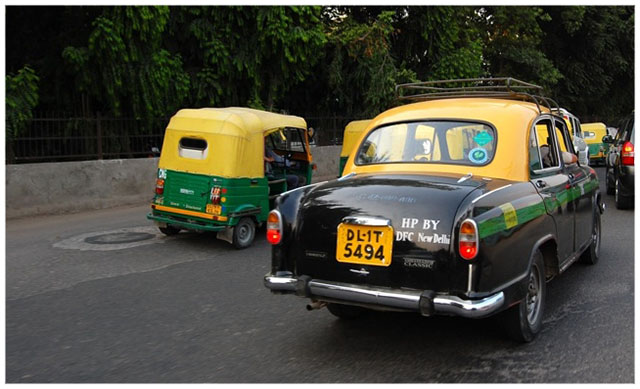
Intra-city journeys in the Delhi are tedious and can often become untimely. And despite ceaseless motion of the traffic in the national capital, safety – especially that of women, the elderly, and children – is a grave concern.
Hence, with an aim to cleanse Delhi’s image of the crime capital of India, the transport department is working on new systems to maintain a close watch on taxis and auto-rickshaws ferrying passengers, especially at night.
Delhi’s Transport department plans to use QR Codes to tag and easily retrieve details about the commercial vehicle. This will also help passengers get driver’s information which they can send across to concerned friends or family members using an app.
Given the 2D nature of QR codes, they can be easily printed and pasted wherever needed. At the same time, the intricate dot matrix pattern makes it difficult to tamper with. Additional benefits include seamless entry and parking of commercial vehicles at public places like as railway stations, malls, and airports.

The authority also plans to decree installation of GPS systems for commercial modes of transport. As of now, “only about a half” of the 60,000 cabs and 90,000 autorickshaws running in Delhi have GPS systems installed on them. Mandatory fitting of GPS equipment in vehicles will allow the transport department as well as the police to take note of unusual routes taken by drivers. It will also help the department keep an account of traffic violations by these drivers.
A central control room will be set up at the Transportation Department’s headquarters in Civil Lines, Delhi to monitor the movement of vehicles.
Despite being a taxing profession, commercial driving has drawn bad reputation in Delhi, owing to some outright shameful incidents. Uber was left embarrassed when a driver was convicted of raping a 27-year-old woman in Delhi. Following this, Uber was also slapped with a seven-month-long ban for its fly-by-night attitude towards drivers’ background checks. So the latest QR Code initiative is another step to ensure commuter safety in public transport.










